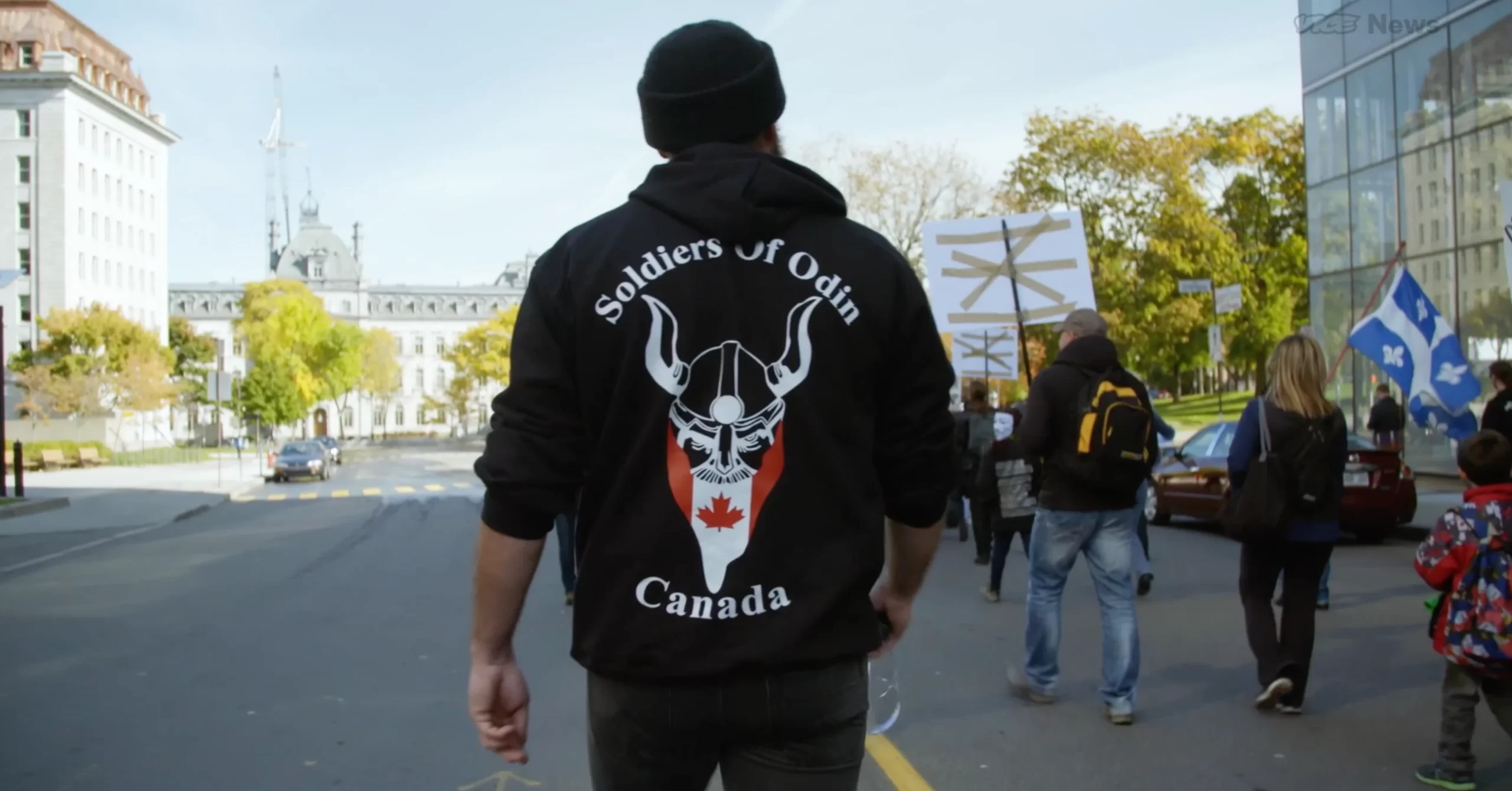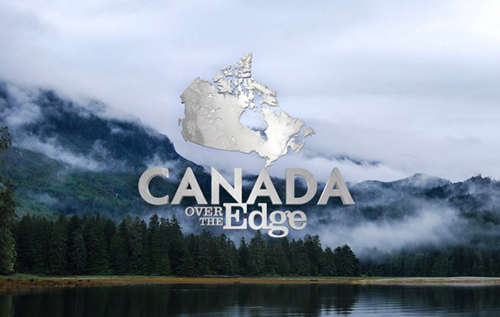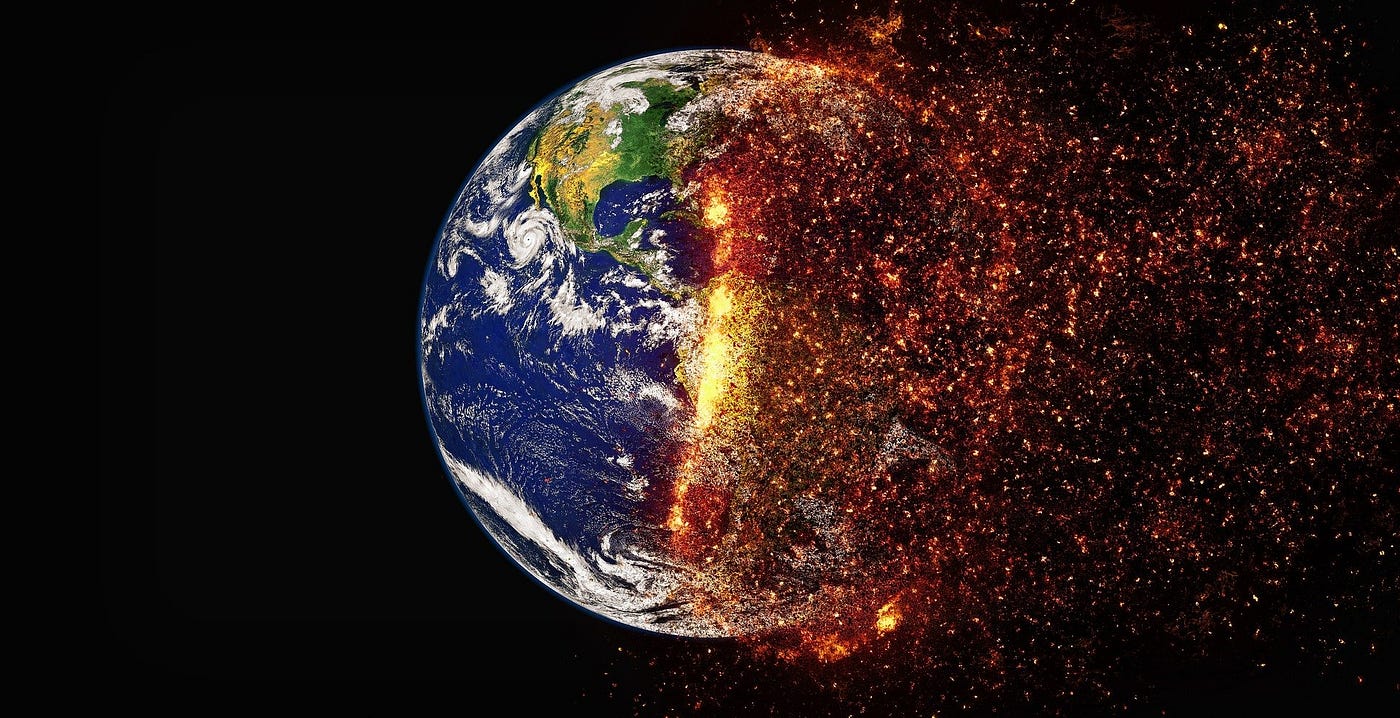Navigating Canada’s Political Landscape: Ultra-Nationalism and the Case for a Party-Free System
Canada, renowned for its multicultural fabric and inclusive political environment, stands at a crossroads, facing the specter of ultra-nationalism and questioning the very essence of its political framework. The looming debate revolves around two pivotal notions: the rise of an ultra-nationalist party and the potential elimination of political parties altogether. The confluence of these discussions underscores the nation’s quest for identity, inclusivity, and effective governance.
The notion of an ultra-nationalist party gaining ground in Canada poses profound challenges. Such a political entity, anchored in staunch patriotism and often exclusive nationalistic agendas, could disrupt the country’s social harmony and strain its diverse fabric. Canada has long prided itself on its cultural mosaic, embracing diversity as a source of strength. The emergence of an ultra-nationalist party threatens this ethos, potentially fracturing the societal cohesion that defines the nation.
However, the alternative proposal—to eliminate political parties entirely—offers a contrasting vision. Advocates of this approach argue that abolishing parties would dismantle the existing polarized political landscape, fostering a more collaborative and issue-based governance structure. By removing party affiliations, the focus could shift towards meritocracy, individual candidate platforms, and consensus-driven decision-making.
Proponents of this radical change contend that it would mitigate political gridlock, where party interests often supersede national priorities. Instead, a system devoid of party politics could prioritize citizen engagement, encourage independent thinking among representatives, and mitigate the adversarial nature of contemporary politics.
Yet, the concept of eradicating political parties entirely carries its own set of challenges. Political parties, despite their shortcomings, serve as crucial vehicles for organizing ideologies, providing a structured platform for debate and representing diverse societal interests. Eliminating these established structures might risk plunging the political landscape into chaos, potentially leading to a vacuum in leadership and a lack of coherent policy implementation.
The question then becomes: Is Canada ready for such drastic changes? While the rise of ultra-nationalism warrants vigilance and proactive measures, the eradication of political parties might not necessarily guarantee a more harmonious or effective governance structure.
Perhaps the middle ground lies in reform rather than revolution. Strengthening regulations around party accountability, encouraging cross-party collaboration on critical issues, and enhancing mechanisms for citizen engagement could offer a viable path forward. Additionally, fostering a culture of inclusive politics, where diverse voices are not only heard but also integrated into policy-making processes, could fortify Canada’s democratic foundation.
In conclusion, Canada faces a pivotal moment in its political evolution, where the rise of ultra-nationalism raises concerns while the proposition of eliminating political parties challenges the status quo. Striking a balance between preserving the nation’s inclusive identity and fostering effective governance necessitates a nuanced approach—one that values diversity, promotes collaboration, and engages citizens in shaping the nation’s future.
As Canada navigates these complex waters, the nation’s ability to uphold its core values of inclusivity, democracy, and unity will undoubtedly shape the trajectory of its political landscape for years to come.











This is more up to speed :
https://www.eurocanadians.ca/2023/11/serviam-the-political-ideology-of-adrien-arcand-christian-fascism-vs-judeo-liberalism
does inclusivity include straight white males & females, and real families?
does inclusivity include the founding people of Canada?
does inclusivity include truth tellers? real history, true values, not super imposed globalist values?
does inclusivity include a debt free national currency?
does inclusivity include morality, real family values, spiritual ethics and character?
does inclusivity include made in Canada?
does inclusivity include non puppets, and a total ZOG free zone?
As for democracy, dominion voting machines, or other electronic voting should be eliminated;
real democracy would not have the majority of mass media controlled, owned, voted and edited by enemies foreign and domestic, the deep state would not exist either, nor the corruption from WEF, UN etc etc best represented by crime, treason, genocide, war, immorality, debt, sickness and disease.
does democracy include a revitalized rail road for Canadians, or does that only exist to put Canada out of business faster with endless rail cars full of made in China?
does democracy include Made in Canada automobiles? and Canadian autoparts?
does democracy and inclusiveness include private property and gun rights, or is only communism, depopulation, chem trails and other bio-weapons allowed?
does democracy and inclusiveness include nation state sovereignty or personal health sovereignty? or only nation wreckers, big pharma, genocide maniacs and other un elected climate warming control freak imbeciles?
or how about this much bigger perspective,
http://canada-confederation.ca/Welcome/Anti-Peace-Order-Good-Government.html
so far the only unity we have is something most people won’t talk about